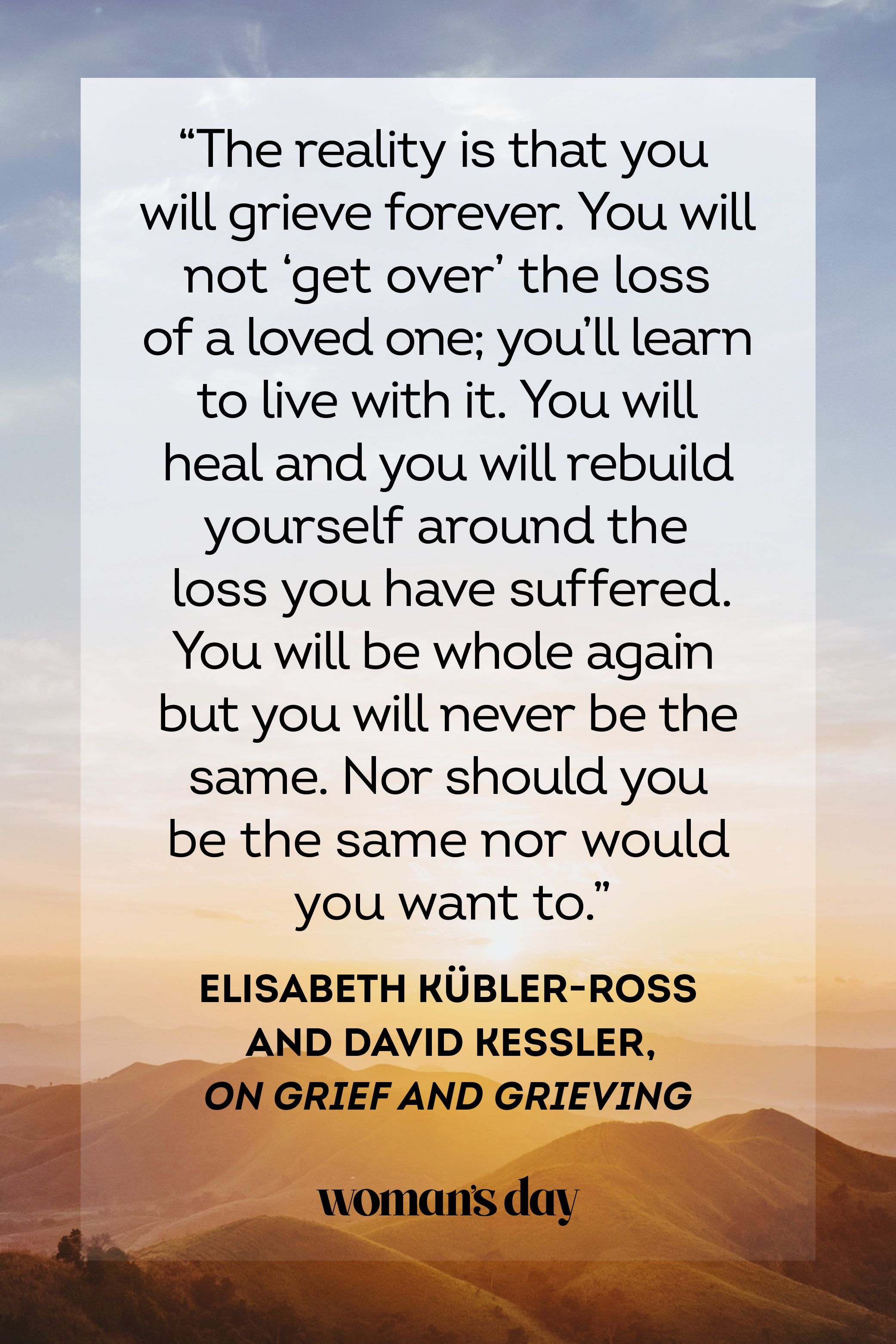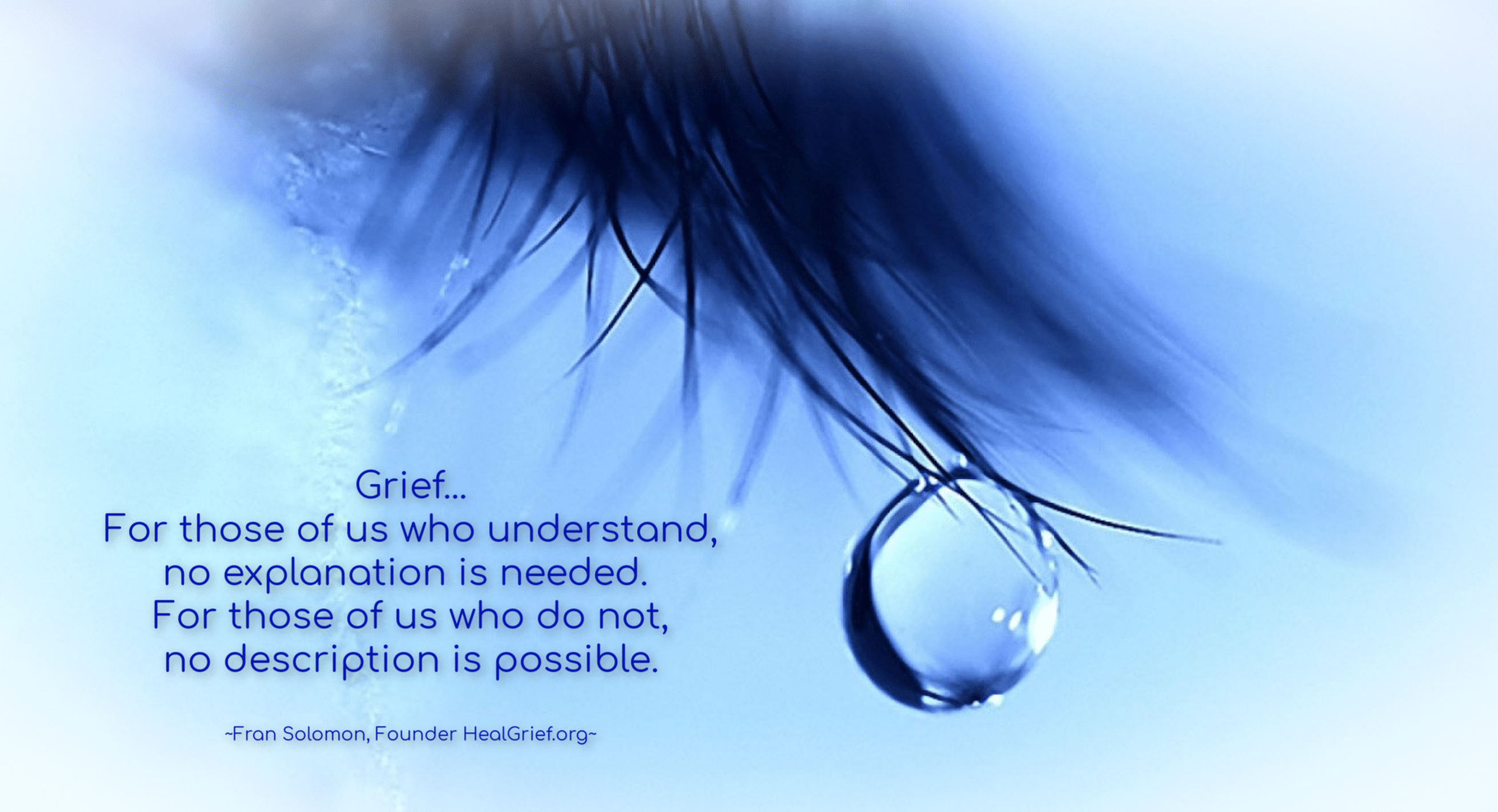Grieving is a normal response to loss, such as the death of a loved one, divorce, or job loss.
Many people find that they can find meaning and purpose in their lives again after grieving and may even experience personal growth and positive changes as a result.
Grief is a complex and often painful process involving a range of emotions, thoughts, and behaviors, and no one should look down upon or try to tell a grieving person what to do. Grieving is such a personal process, it’s important to respect the person’s feelings, especially after the loss of a loved one.
The Different Types of Grief
The experience of grieving can vary widely from person to person.
It can be influenced by several factors, like the nature of the loss, the individual’s coping mechanisms, and cultural and religious beliefs. However, there are some common experiences that many people may go through while grieving.
Common emotional experiences of grieving may include feelings of sadness, anger, guilt, loneliness, and despair.
People may also experience physical symptoms such as fatigue, difficulty sleeping, changes in appetite, and physical pain. People may also experience changes in their thought patterns while grieving.
They may have difficulty concentrating or making decisions, struggle with feelings of disbelief or denial, and question their beliefs or understanding of the world.
Here are a few types of grief that people may experience:
Normal grief: This is the most common type of grief and is a natural response to the loss of a loved one. People who experience this type of grief may feel extreme sadness, anger, guilt, and other hard-core and raw emotions.
Still, over a period of time (which varies from person to person), they can adapt to their loss and somehow find ways to move forward with their lives.
A friend of mine recently told me, after losing her mother (whom she was close to), that “there is your life before your Mom, and then there’s life after your Mom dies. You live two different lives.”
Complicated grief: Complicated grief is a type of grief that is prolonged, intense, and interferes with a person’s ability to function in their daily life.
People who experience complicated grief may have difficulty accepting the loss, experience ongoing emotional pain and longing for the person who died and struggle to find meaning or purpose in life.
This type of grieving happens a lot to people who lose parents, or close family members, just to name a few.
Our hearts sincerely go out to the people who are experiencing this type of grief.

Anticipatory grief: This type of grief occurs when a person anticipates a loss, such as the death of a loved one who is terminally ill. Anticipatory grief can be similar to normal grief, but it can also be complicated by feelings of guilt, helplessness, and uncertainty about the future.
Collective grief: This grief happens when a community or group experiences a loss, such as a natural disaster or a mass shooting. Collective grief can be intense and overwhelming and affect individuals differently.
Grieving and the Affects on Your Body
The experience of grief is different for everyone, and it can have physical, emotional, and psychological effects on a person’s health.
Here are a few ways grieving can affect a person’s health:
- Physical health: Fatigue, headaches, body aches, and digestive problems. These symptoms can be caused by stress, lack of sleep, and changes in appetite or eating habits.
- Mental health: Grief can lead to mental health issues such as depression, anxiety, and post-traumatic stress disorder (PTSD). Grief can also increase the risk of developing substance abuse disorders.
- Immune system: Grief can weaken the immune system, making a person more susceptible to illness and infection.
- Heart health: Studies have shown that grief can increase the risk of heart attack and other cardiovascular events.
- Sleep: Grief can disrupt sleep patterns, causing insomnia or nightmares.
If you know anyone going through grief, lend a helping hand and try to help ensure the person is taking care of themselves and getting support from loved ones, friends, and family members.

When a person is ready, there are support groups that can help, as well as going to talk to a therapist.
It is also important to maintain a healthy lifestyle, including getting enough sleep, eating well, and exercising regularly.
While grieving can be a painful and challenging process, it is a natural and necessary part of healing from loss.
If you are experiencing severe or prolonged physical or mental health symptoms while grieving, speaking with a healthcare provider may help.



